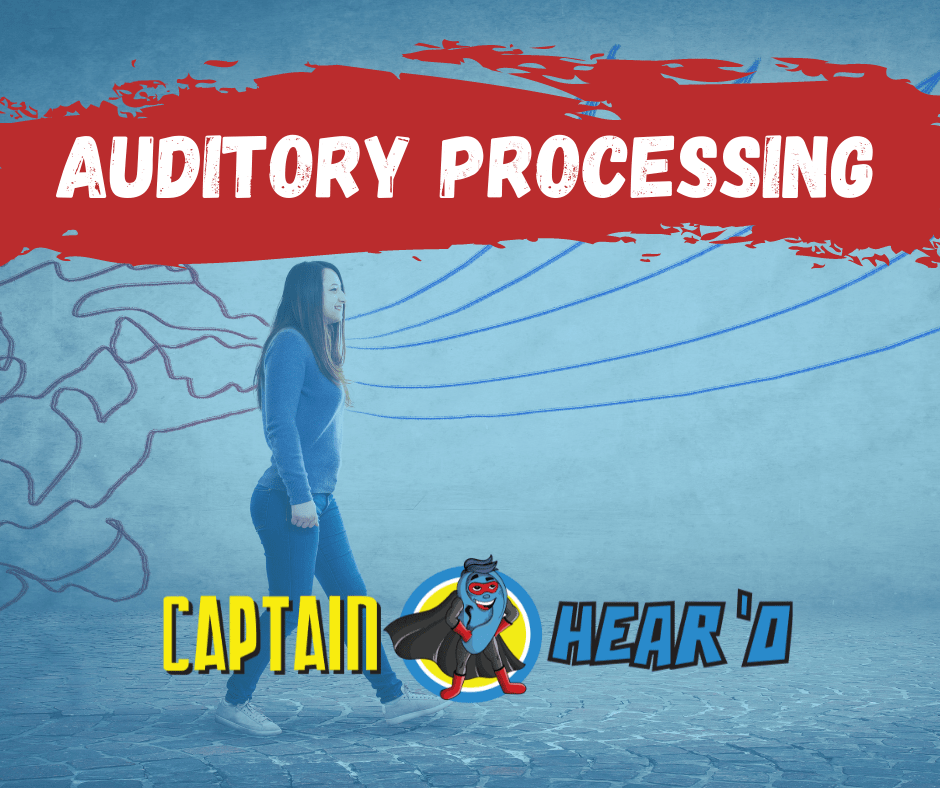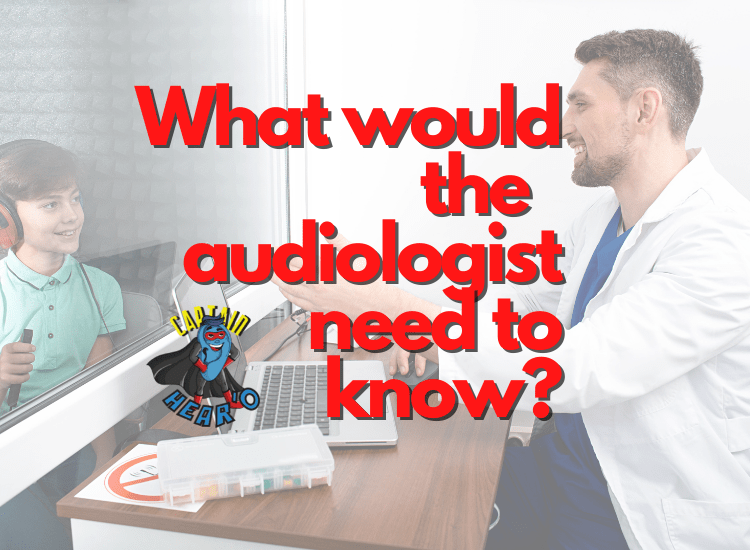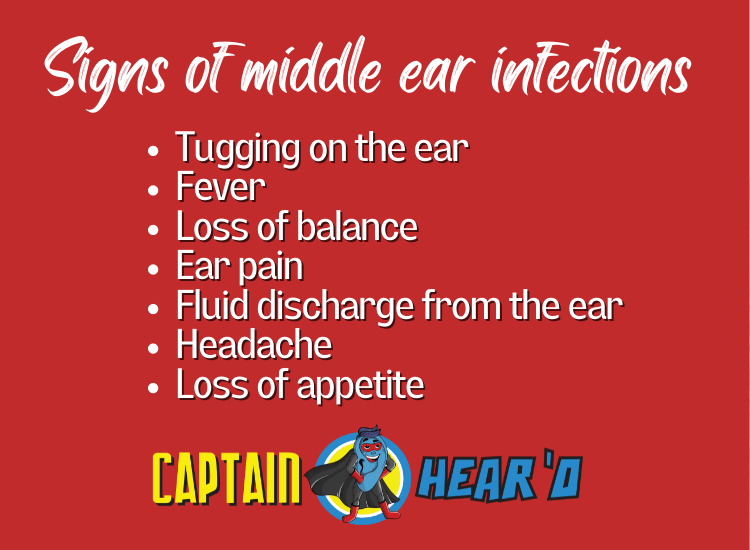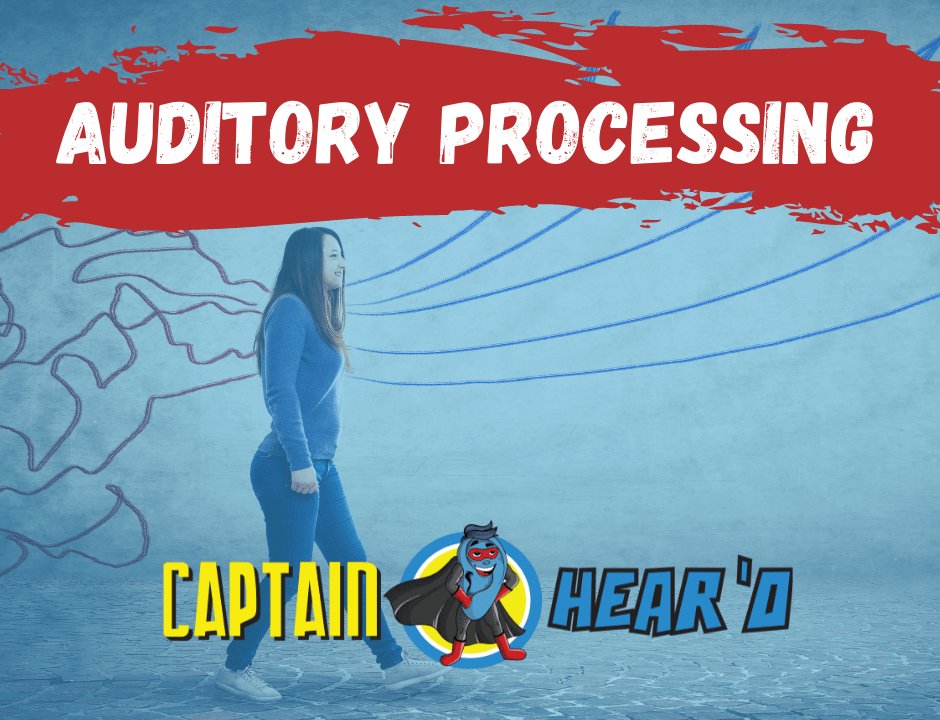
AUDITORY PROCESSING DISORDERS AND FM SYSTEMS
29th Jul 2021
Franja Du Plessis – Musiekvideo – My Lief
11th Mar 2022

There are certain signs and symptoms that can lead the audiologist to better structure the hearing assessment but also understand the results better. An audiologist will do a case history before starting a hearing assessment to determine any risk factors for hearing loss. To better understand why certain questions are asked, here are some of the most frequently asked questions and why they are asked:
-
Does your child have any speech or language delays?
Children that have a hearing loss often have speech and language delays due to limited exposure to certain sounds. It is caused when certain areas of the brain used for communication not to develop appropriately with result the child may present with delays in their communication.
-
Is he/she frequently asking for repetition?
Asking for someone to repeat what they previously said is frequently one of the signs of hearing loss. Because the person has limited exposure to speech sounds, they might have only heard parts of a sentence and wants clarity. Background noise and distance makes it harder for a person with hearing loss to hear and that is when they mostly ask for repetition. For example, for children in the classroom they will ask for the instructions or sentence to be repeated.
-
Turning up the volume of the television or music
Children who struggle to hear might increase the volume of the television or radio for better clarity of the sound.
-
Responding or turning to sounds in the environment
If a child has a hearing loss, they might struggle to localize sound or hear the sound from a distance because the sound source is too soft. We often have to ask if a child didn’t hear when being called or were they focused on their activity. Before you visit the audiologist, monitor if your child struggles to localize sound and respond to a sound source from a distance.
-
Has your child ever had a middle ear infection?
When a child has a middle ear infection – depending on the severity of the infection it is like they are listening to you under water. They might struggle to hear until the infection is resolved. It is important to monitor how frequently a child has a middle ear infection and the severity. Such as was there any discharge from the ear, did they see an Ear, Nose and Throat specialist for the infection, was there a fever or pain during the time of the infection and what medication did they take for the infections. If an audiologist knows the frequency and severity of the middle ear infections the test battery and treatment can be decided accordingly.

-
Information regarding the birth of your child
The audiologist will ask questions regarding the birth of your child. For example, was it a normal birth or caesarian birth, what is the birth weight and APGAR score and how long was the hospital stay? There is evidence that suggest that a low birth weight and prolonged NICU stays due to common birth complications such as jaundice and low oxygen levels has an influence on a newborns hearing. If a hearing loss is detected in the first three months after birth and the appropriate intervention is provided – a child with hearing loss can catch up to their normal hearing peers by the time they attend Grade 1. Early identification is important!
These questions can guide a parent what to look out for before the hearing assessment and prepare for the questions that are frequently asked. Children need to have their hearing checked as soon as 12 hours after birth and then before they start Grade 1 again. If there is any red flags that is concerning to you as parent, rather make an appointment for a hearing test as soon as possible.
Contact us on info@captain-hearo.co.za !




